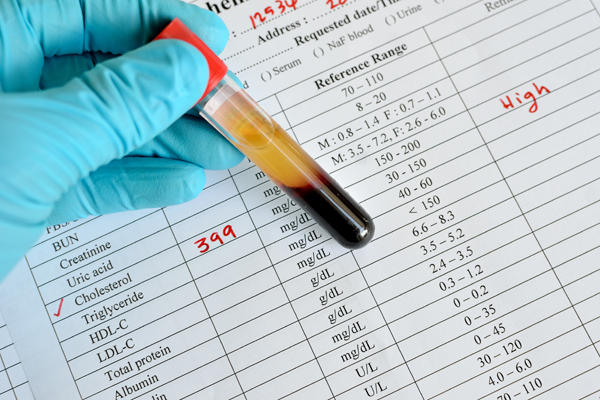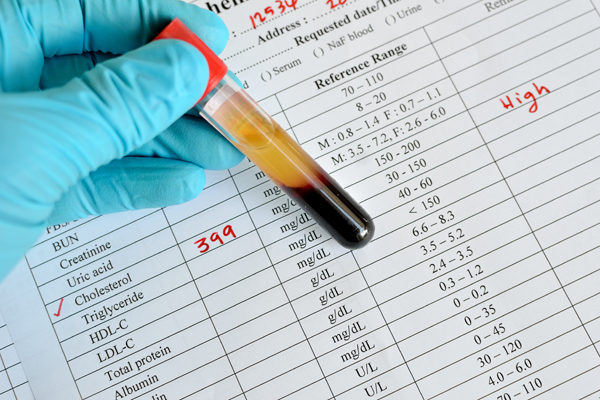In an unprecedented move, biopharmaceutical company Amgen has decided to decrease the price of its cholesterol-lowering PCSK9 inhibitor drug Repatha (evolocumab) from over $14,000 per year to $5,850. The 60 percent price reduction is in line with the Trump Administration’s plan to lower the cost of prescription drugs in the US, and could be most beneficial to patients with cardiovascular disease covered by Medicare who often face high copays.
“Cardiovascular disease is one of the country’s most significant health challenges, and every 40 seconds someone in America has a heart attack or stroke,” said Robert A. Bradway, chairman and chief executive officer at Amgen. “Repatha can help to address this significant public health issue, but concerns over out-of-pocket costs have proven to be a barrier to its use for too many patients. We want to make sure that every patient who needs Repatha gets Repatha.”
According to Bradway, about three out of every four Medicare patients decide not to fill their prescription for Repatha and other PCSK9 inhibitor drugs due to the unaffordability of their out-of-pocket expenses. Amgen reports that in addition to aligning with President Trump’s goal of lowering drug prices, the decision also aligns with the American Heart Association’s (AHA) Value in Healthcare Initiative.
“Since turning 65 and going on Medicare I have had to make one of the hardest decisions of my life – can I afford to stay on Repatha, the only thing, even after nine stents and numerous statins, that has worked to lower my cholesterol?” said Repatha patient Bob C. from Boca Raton, Florida. “Given my family history of heart disease, today’s announcement means that I can continue taking a therapy that has been so effective for me.”
The decision represents a complete change in thinking on Amgen’s part considering that just a few months ago the pharma company had planned to increase the list price of several drugs. However, those price hikes were put on hold at the behest of President Trump, and Amgen reports that no price increases are planned for the remainder of 2018.
“This is a unique solution for a unique situation,” said Murdo Gordon, executive vice president of Global Commercial Operations at Amgen. “Unfortunately, higher rebates don’t typically result in lower out-of-pocket costs for patients, especially for Medicare patients. We are confident today’s action will address this challenge. While we hope more patients will benefit from swift adoption of these lower-priced options, it is ultimately a payer decision.”
However, the new lower price for Repatha won’t go into effect right away; the cholesterol drug will continue to be sold at the higher list price until 2020 at the latest. Overall, Amgen’s goal is to improve payer coverage and increase patient access to Repatha, with the drugmaker finding that up to 80 percent of claims to both private insurers and Medicare are currently being denied.
In 2017, Amgen tried to address these access issues by offering outcomes-based pricing to health insurance company Harvard Pilgrim, however a recent study co-led by researchers from drug pricing watchdog ICER suggested the model wasn’t enough to improve the cost-effectiveness of the drug.
So how are payers reacting to the new lower list price for Repatha?
“At Express Scripts, our goal is to ensure affordability and ensure patients get the novel medicines they need,” said Dr. Steve Miller, senior vice president and chief medical officer of Express Scripts. “With a new lower list price for Repatha, Amgen is taking an important step forward to help payers be better positioned to provide breakthrough medicines and help people achieve better outcomes.”












Join or login to leave a comment
JOIN LOGIN